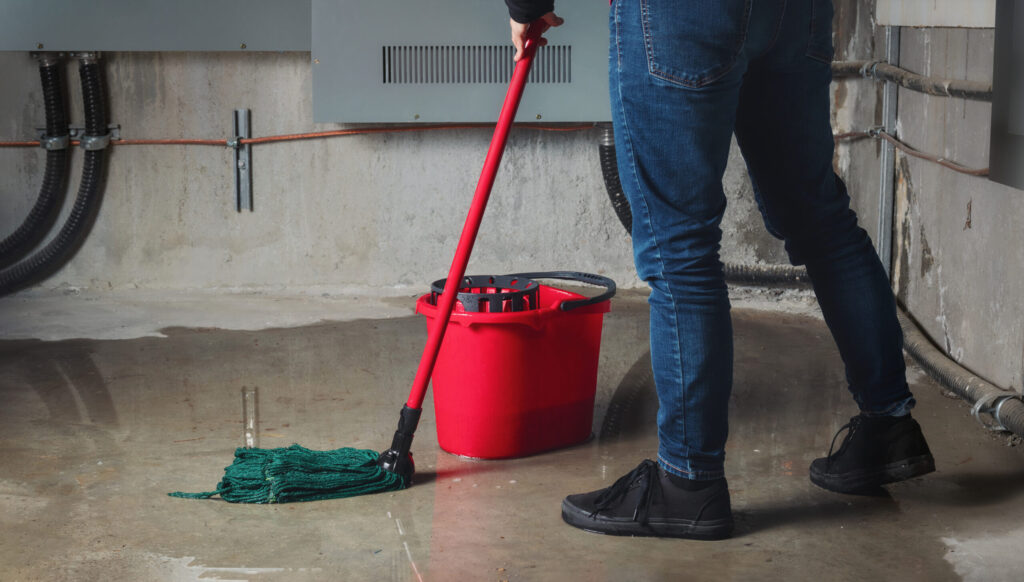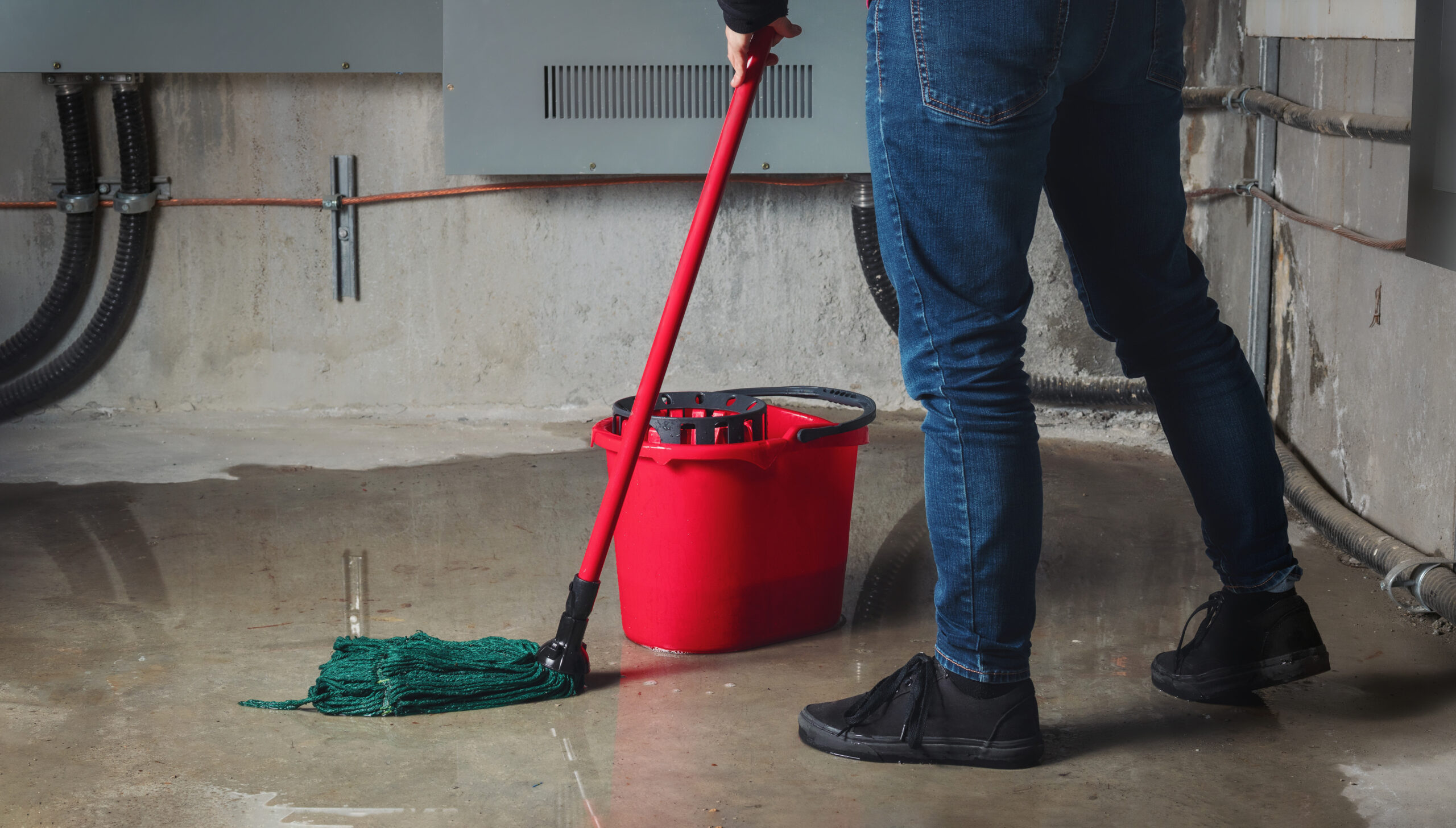
Prevent Basement Flooding with These Drain Cleaning Tips: A Homeowner’s Guide
Basement flooding is a homeowner’s nightmare. The damage can be extensive, costly, and emotionally draining. From ruined possessions to structural issues, the aftermath of a flooded basement can be a long and arduous process. However, a significant number of basement floods are preventable. One of the most crucial steps in safeguarding your home is maintaining a clear and functional drainage system. This guide provides essential drain cleaning tips to help you prevent basement flooding and protect your investment.
Understanding the Threat: Why Basements Flood
Before diving into solutions, it’s essential to understand the common causes of basement flooding. While extreme weather events like heavy rainfall and snowmelt are often to blame, a significant portion of basement floods are directly related to issues within the home’s drainage systems. These can include clogged drains, backed-up sewer lines, and improperly maintained sump pumps. Clogged drains, in particular, are a frequent culprit. They restrict the flow of water, leading to backups and, ultimately, flooding. Debris such as leaves, dirt, hair, grease, and soap scum accumulate over time, gradually obstructing the pipes. This buildup reduces the drainage capacity and increases the risk of water overflowing.
Identifying Potential Problems: Signs of Drainage Issues
Early detection is key to preventing a full-blown basement flood. Recognizing the warning signs of drainage problems can allow you to address them proactively. Here are some indicators that your drains may require attention:
- Slow Draining Water: This is one of the most common and easily identifiable signs. If water drains slowly in your sinks, showers, or tubs, it’s a clear indication of a partial blockage.
- Gurgling Sounds: Gurgling noises coming from your drains, especially when other fixtures are in use, often signal air pockets trapped by a blockage.
- Unpleasant Odors: Foul smells emanating from your drains can indicate the presence of decaying organic matter, a sign of a clog developing.
- Water Stains or Dampness: Water stains on your basement walls or floors, even if they appear minor, can be a sign of leaks or seepage from a blocked drain line.
- Standing Water: If you notice standing water around your drains, especially after heavy rain or snowmelt, it’s a red flag that your drainage system is struggling to cope.
Essential Drain Cleaning Tips
Now, let’s explore effective drain cleaning tips to protect your basement from flooding:
Regular Maintenance: The Foundation of Prevention
Proactive maintenance is the cornerstone of a healthy drainage system. Regular cleaning and inspection can prevent minor issues from escalating into major problems. Aim to incorporate these habits into your routine:
- Flush Drains Regularly: Once a month, flush your drains with hot water to help dissolve grease and soap buildup. Avoid using boiling water, as it can damage PVC pipes.
- Use Drain Strainers: Install drain strainers in your sinks, showers, and tubs to catch hair, food particles, and other debris before they enter the drainpipes.
- Inspect Drains Regularly: Periodically inspect your drains for any signs of slow draining, gurgling, or unpleasant odors. Addressing these issues promptly can prevent future problems.
- Maintain Gutters and Downspouts: Ensure your gutters and downspouts are clear of debris to effectively channel rainwater away from your foundation. Clogged gutters can lead to water overflowing and entering your basement.
Effective Drain Cleaning Techniques
When you encounter a clogged drain, several techniques can help you clear the blockage:
- Hot Water: For minor clogs caused by grease or soap buildup, try pouring a pot of hot (but not boiling) water down the drain.
- The Plunger: A plunger is a classic tool for clearing clogs. Make sure you have a good seal around the drain opening and use a vigorous up-and-down motion.
- The Baking Soda and Vinegar Method: This is a natural and effective method for clearing minor clogs. Pour one cup of baking soda down the drain, followed by one cup of vinegar. Let it fizz for about 30 minutes, then flush with hot water.
- The Drain Snake (Plumbing Snake): A drain snake, also known as a plumbing snake or auger, is a flexible tool that can be inserted into the drain to break up or retrieve clogs. It’s particularly effective for hair clogs.
- Enzyme Drain Cleaners: Enzyme drain cleaners use natural enzymes to break down organic matter, such as hair and food particles. They are a gentler alternative to harsh chemical drain cleaners.
When to Call a Professional
While many clogs can be resolved with DIY methods, there are times when professional help is necessary. Consider calling a plumber if:
- The clog is severe and persistent.
- You’ve tried multiple DIY methods without success.
- You suspect a problem deeper within your drain lines.
- You experience frequent clogs. This could indicate a more significant underlying issue, such as a damaged pipe or a root intrusion.
- You are uncomfortable working with plumbing tools.
A professional plumber has specialized tools and expertise to diagnose and resolve complex drainage problems efficiently and effectively. They can also inspect your entire drainage system to identify any potential issues and recommend preventative measures. Professional drain cleaning can help you prevent basement flooding.
Beyond Drain Cleaning: Additional Flood Prevention Measures
While drain cleaning is crucial, other measures can further enhance your basement’s protection against flooding:
- Sump Pump Maintenance: If you have a sump pump, ensure it’s in good working condition. Test it regularly by pouring water into the sump pit to make sure it activates and pumps water out.
- Foundation Waterproofing: Consider waterproofing your basement walls to prevent water from seeping through the foundation. This can involve applying a waterproof sealant or installing an exterior drainage system.
- Grading Your Yard: Ensure your yard slopes away from your foundation. This helps water drain away from your home instead of pooling around it.
- Proper Landscaping: Avoid planting trees or shrubs too close to your foundation, as their roots can potentially damage your drain lines.
- Backwater Valves: Install backwater valves on your sewer lines to prevent sewage from backing up into your basement during heavy rainfall or sewer overflows.
The Importance of Prevention: Protecting Your Home and Possessions
Preventing basement flooding is an investment in your home and your peace of mind. By following these drain cleaning tips and implementing additional flood prevention measures, you can significantly reduce your risk of experiencing a flood. Remember, a proactive approach is the best defense. Regular maintenance, early detection, and prompt action are crucial for keeping your basement dry and your home safe. Ignoring drainage issues can lead to significant damage and costly repairs. Take the necessary steps to protect your home and possessions. By taking preventative measures and staying vigilant, you can effectively prevent basement flooding and safeguard your investment. The key to prevent basement flooding is a well-maintained drainage system and a proactive approach to home maintenance. Don’t wait for disaster to strike; take action today to protect your home from the devastating effects of a flooded basement. Consistent drain cleaning and maintenance are crucial for prevent basement flooding.
Conclusion: Your Guide to a Dry Basement
Maintaining a dry basement is achievable with consistent effort and the right knowledge. This guide has provided comprehensive drain cleaning tips and additional flood prevention measures to help you protect your home. Remember to prioritize regular maintenance, address any drainage issues promptly, and consider professional help when needed. By staying proactive and informed, you can significantly reduce your risk of basement flooding and enjoy the peace of mind that comes with a safe and dry home. Drain cleaning is a vital step to prevent basement flooding.
[See also: How to Choose the Right Sump Pump for Your Home]
[See also: Waterproofing Your Basement: A Comprehensive Guide]
Implementing these drain cleaning tips, along with other preventive measures, will help you prevent basement flooding and protect your home from water damage. Always remember to be cautious when working with any plumbing tools or chemicals. If you’re unsure about a particular task, don’t hesitate to consult with a qualified plumber. By taking these steps, you can effectively prevent basement flooding and maintain a safe and dry living space. Regular drain cleaning helps to prevent basement flooding. Take action now to prevent basement flooding.


